 As the buds are popping brightly and birds are seeking new nesting places, this week’s blog post hopes to inspire our author friends to seek out new followers and uncover potential markets to spring your book into spring! While most authors are hesitant to market themselves and their books, if this is your career, keep in perspective that your book is the product and all products require a marketing and sales strategy . . . no different than any other business. Marketing is an investment in your career. The most important aspect of marketing and promoting your book (outside of knowing your audience) is to engage your audience, fans and readers. You can do this via a variety of platforms, many of which we’ve covered in this year’s blog posts and which we will touch on again here. Who are your readers? In today's digital world, if you want your book to stand out, you're going to have to step up and get involved in the promotion, which often means communicating directly with your target audience through a variety of channels (online and social media, in-person, through print media, etc.). Get to know your audience! Are they working moms, soccer dads, book clubbers, or glamorous literati? What are your readers reading? And what forums do they use to find new books? Use the intelligence you gather to target your marketing efforts and reach out to those segments. Giveaways You can use your established social media presence (even if that’s a Goodreads or Amazon Author Profile) to promote your title. Promotions such as giveaways (available for a fee on Goodreads) are available for FREE on your social media sites. You can setup a giveaway on Instagram or Facebook, for example, by asking your followers to tag your book page (or author page) in a post, follow you, and comment on an Instagram posting. Once they’ve done these things, put their name in a hat and at the end of your giveaway timeframe, send them a direct message and send them their book in exchange for a review on Amazon, Barnes and Noble, and Goodreads. Blogs & Reviews You can work with a blog tour company (TLC Book Tours is one we love) to setup a blog tour for reviewers of your work. If you don’t want to pay a service for this help (which is well worth it, in our view, as you get guaranteed reviews and mentions), you can still compile a list of bloggers and book reviewers and email them asking them if they will review your book in exchange for a free copy. They will then usually post the review of your book on their blog, which has lots of followers – which in turn – can become your followers. As we mentioned in a recent blog post about writing for free, you can also contribute articles to relevant magazines or online blog sites, which is another way you can keep raising your author profile. Find bloggers that will review your book. This can be as simple as googling reviewers based on your genre. Make a list of bloggers that you want to engage for a review and giveaway. For example, here’s a Google search for Historical Fiction Reviewers. Events Publicity, author events, and media appearances can also generate awareness for you as an author and connect you with local readers. At each event, you may want to create a gift basket giveaway, with a signed copy of your book, bookmarks, and other merch, in exchange for collecting email addresses. Building a strong email list is a key component in building your followers and reaching your buyers over time. You may also want to consider hiring a publicist. There are lots of book marketing and publicity firms out there – you just need to take some time and look for local agencies in your area that specialize in book publicity. Here’s a great article by book marketing guru Jane Friedman that helps authors understand what to expect when working with a publicist. Personal Networking
Personal selling can be one of the most persuasive selling tools because it allows two-way communication. Consider the following markets:
If you are not familiar with networking, start with people you know: friends, family, co- workers, alumni, and neighbors. Then move on to less-familiar people. Again, avoid overtly selling to people in your network; instead, ask them for referrals and to spread the word about your book. When personally networking, begin by introducing yourself and mentioning who referred you. Keep in mind that readers want to talk with the author. We talked about creating your own individual social media platforms (Facebook, Goodreads, Instagram, etc.) and through these you can connect with everyone you know. In these posts, you can write about your book, give readers insider information, and even share other titles that you are reading and that inspired you or are of interest to you. Reviews One great asset you have in your personal network is the ability to ask your contacts to provide reviews for online retailers for Amazon, Barnes and Noble, IndieBound, Kobo, iBooks, and Goodreads (or wherever they buy books). If you have professionals and industry experts in your network, offer to give them a book to review in exchange for a free copy. You can also consider paid reviewers such as ForeWord Clarion and Kirkus Indie to get a professional review of your book. Relax and take stock. Most importantly, take a break and take a breath. Building your audience is an experience to enjoy and share. It takes time and patience to build an audience as a new author. Word of mouth is the least cost and most effective way we’ve come across to do this, so keep at it. One reader at a time.
0 Comments
Last summer, Clown William's unique title character, William - an 1870's gunslinger with Tourette's and a quick draw - took home the Silver Medal for Best First Book at the 22nd Annual IPPY Awards in New York City. Now William's back at it, bringing home the Bronze Medal for Best Fiction Series in the 2019 IPPY Awards, which honored books one and two in the series: Clown William & Clown William and the Lincoln County War. Author Robin Elno should be very proud of his efforts -- the quality of this year's entries was truly outstanding, which means the competition was extremely tough. You can see all this year's winner's on the website of the Independent Publisher Book Awards.  The author, Robin Elno, is a retired army colonel, semiretired psychiatrist, and full-time author. He lives in San Antonio, Texas, and is an active member of the San Antonio Writers’ Guild. Robin drew inspiration for William from a series of books and articles on the impact of neurological conditions on physical abilities. In his research, the author learned people with Tourette Syndrome can target point five times faster than average. "The inspiration for Clown William came from an Oliver Sacks article (author of "Awakenings"). The speed and accuracy of those who have this condition inspired the creation of the character William and his subsequent adventures," says the author Robin Elno. "What might appear a handicap can also be an advantage. Nature puts things in balance. Our comic book heroes have strengths that rise out of a difference from ordinary people. So does William. I hope readers feel empowered by how William learns to accept the good and the bad."
 Once your book is published, it's critical to build your audience. This doesn't happen overnight, but rather one night (or day) at a time. We've highlighted several components of building an author brand in past blog posts: Building meta data into everything you do on your author platforms is a way to promote your book with every search; Taking one step at a time to build your author brand; Digging into the mechanics of creating an author website; Pumping up the volume on your social sites; and Strategies for marketing yourself as an author. A big part of continuing to build your author brand is to find new ways to connect with readers. Creating new content, like articles and short pieces, based on your book or variations on your books theme is a great way to do just that. Everything you write has the potential to generate book sales. This could be as simple as a book review on Goodreads, a blog on your website, or converting your book (or pieces of your book) into short fiction or article-length pieces to pitch to magazines or online periodicals. You can create these pieces and offer them for free to newspapers and websites in your specific area of expertise or that cover topics highlighted in your book. For example, a novel about an exotic location could be perfect for an article or excerpt in a travel magazine or blog. Newspapers, online sites, bloggers, and magazines are always looking for strong content - and you are a published author! So put that street cred to work for you. In the bio included after your piece, you have an opportunity to mention your book and your website, which may lead to new relationships online (and down the road, new buyers for your book). This type of content marketing is sneaky - it helps you build relationships and promote your brand as a contributor and author, all while giving you the opportunity to mention who you are as an author and send readers to your social platforms to follow you and learn more. So write for free . . . and watch it pay off in sales (and great new relationships to boot)! Here's a SmartBlogger article about writing for online publications, but there are others, just search on Google and start submitting! |
Archives
June 2024
Categories
All
|
- Welcome
-
Titles
- A Call to China
- Benny Moon: Racing the Medicine Wheel
- Benny Moon Eats Dirt
- Between the Ocean and the Stars
- The Button Collector
- Clown William
- Clown William and the Lincoln County War
- Clown William and the Wind of Vengeance
- The Cornbread Letters
- Crooked Lines
- First Line of Defense
- Highlights of Palmistry
- Hungry
- Indian Country
- Island Whispers
- JuJu Justice
- Ms. Mulligan and the Enchanted Ice Cream
- Mystery Muffin & Soda Pop Slooth: The Legend of Mr. Creepy
- Mystery Muffin & Soda Pop Slooth: The Ghost of Crippler's Creek
- Path of the Half Moon
- Courses of the Cursed
- Merging Paths
- Surrender
- TimeLock
- TimeLock 2: The Kyoto Conspiracy
- The Timestream Verdict
- Whispers on the Wind
- WWCC Heroes
- Submissions
- News & Updates
- Contact
- Bookstore
- Welcome
-
Titles
- A Call to China
- Benny Moon: Racing the Medicine Wheel
- Benny Moon Eats Dirt
- Between the Ocean and the Stars
- The Button Collector
- Clown William
- Clown William and the Lincoln County War
- Clown William and the Wind of Vengeance
- The Cornbread Letters
- Crooked Lines
- First Line of Defense
- Highlights of Palmistry
- Hungry
- Indian Country
- Island Whispers
- JuJu Justice
- Ms. Mulligan and the Enchanted Ice Cream
- Mystery Muffin & Soda Pop Slooth: The Legend of Mr. Creepy
- Mystery Muffin & Soda Pop Slooth: The Ghost of Crippler's Creek
- Path of the Half Moon
- Courses of the Cursed
- Merging Paths
- Surrender
- TimeLock
- TimeLock 2: The Kyoto Conspiracy
- The Timestream Verdict
- Whispers on the Wind
- WWCC Heroes
- Submissions
- News & Updates
- Contact
- Bookstore




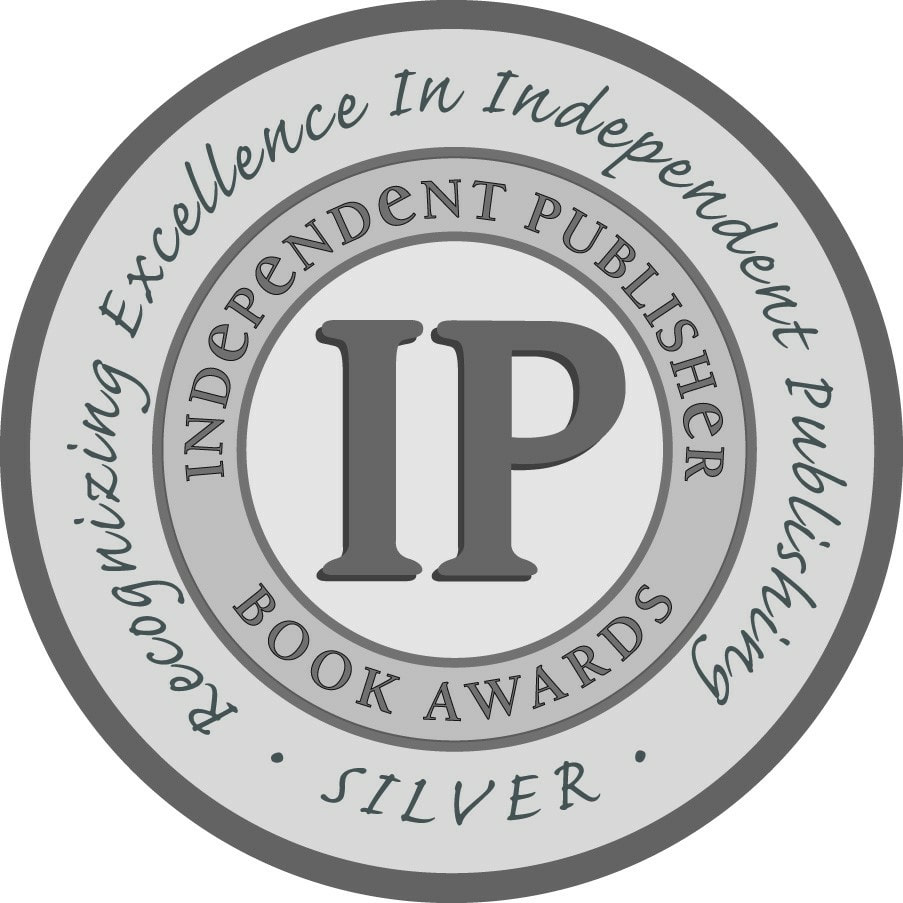
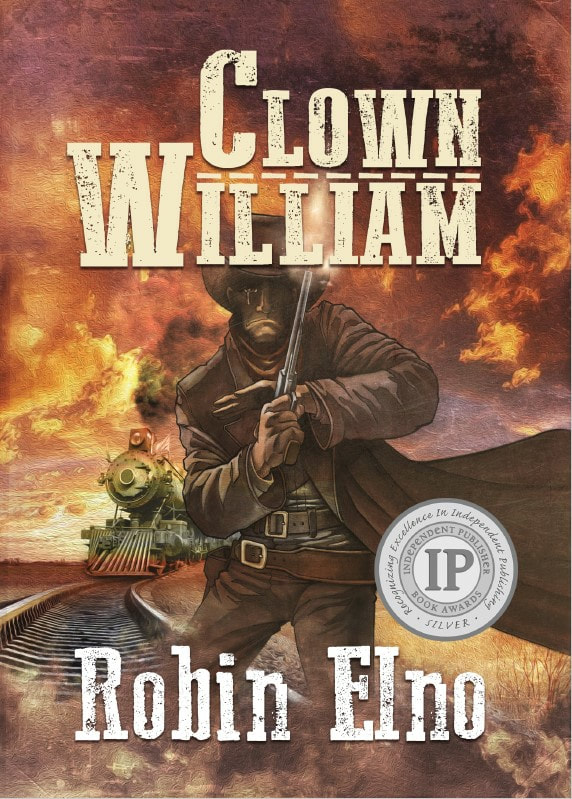
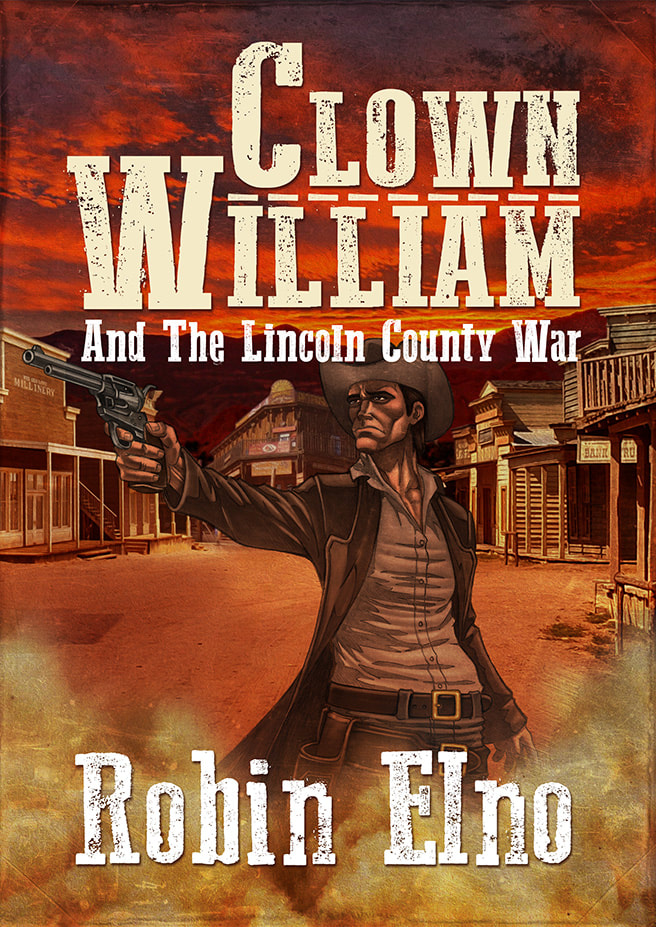
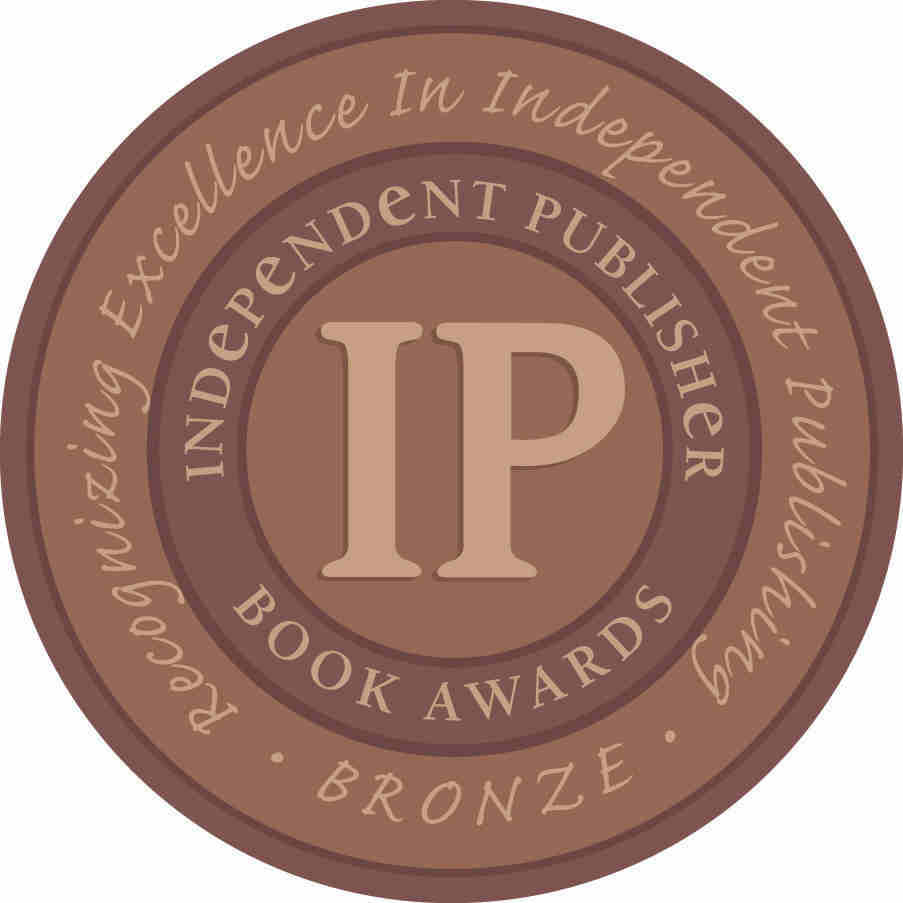
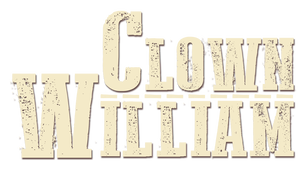
 RSS Feed
RSS Feed

